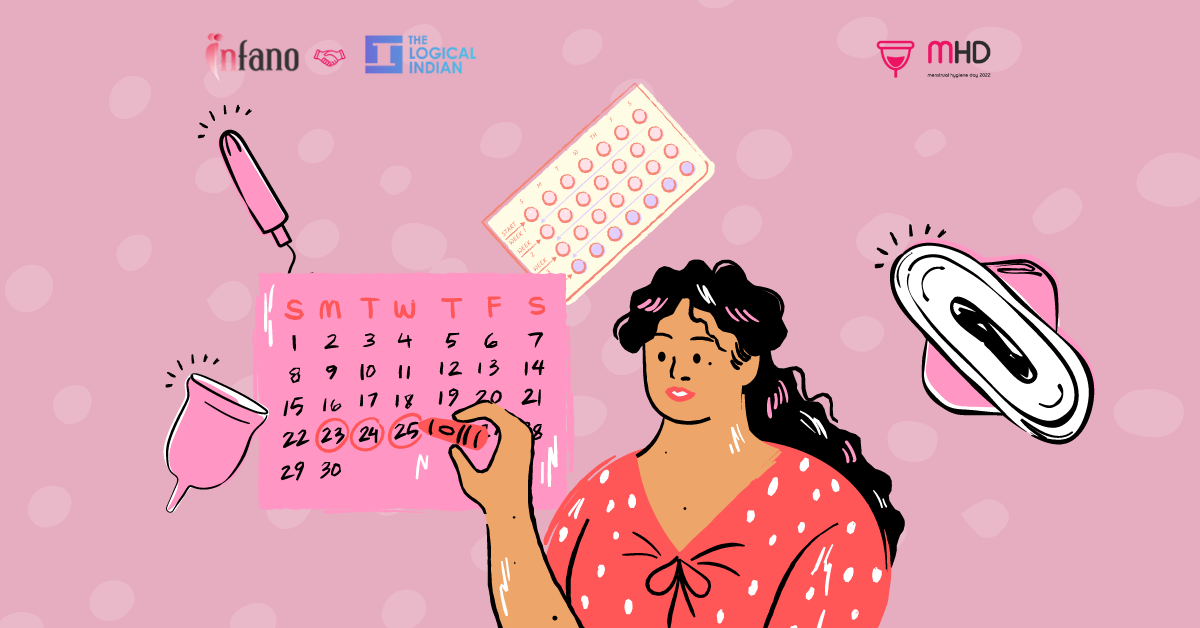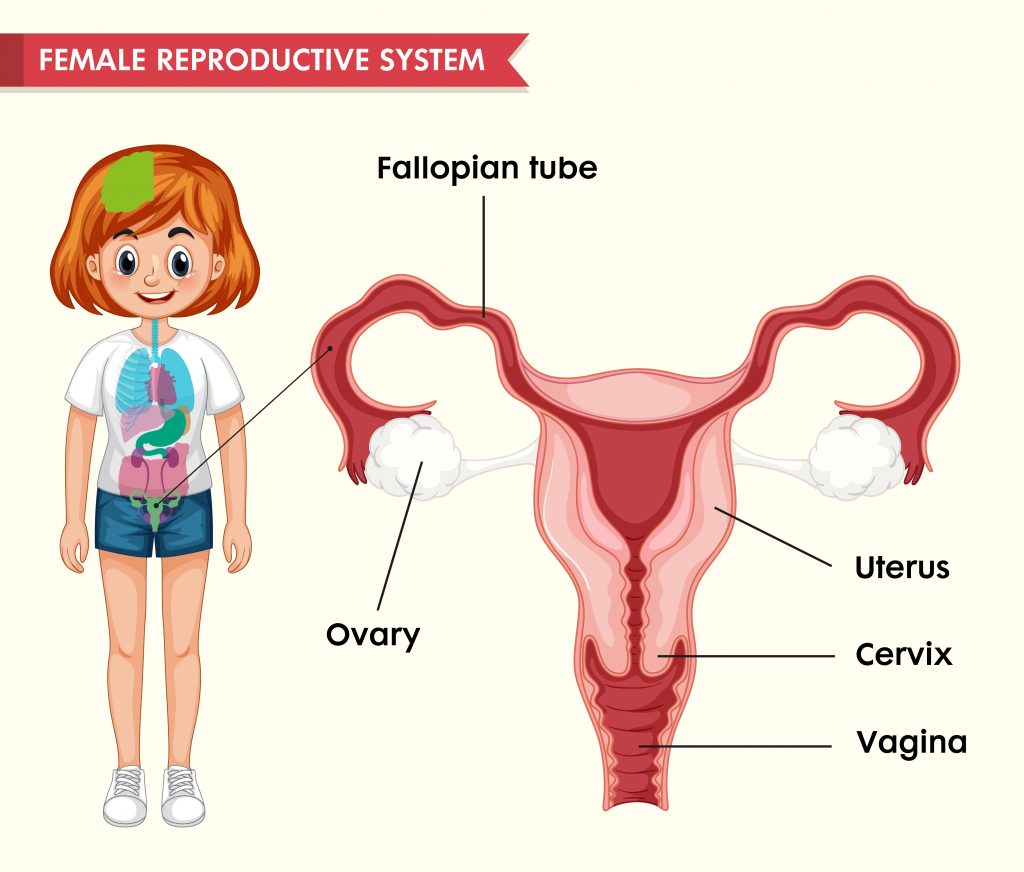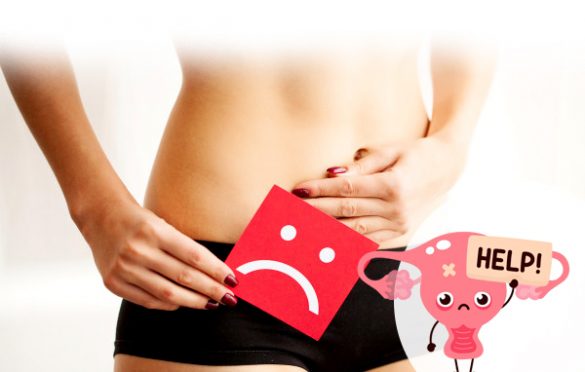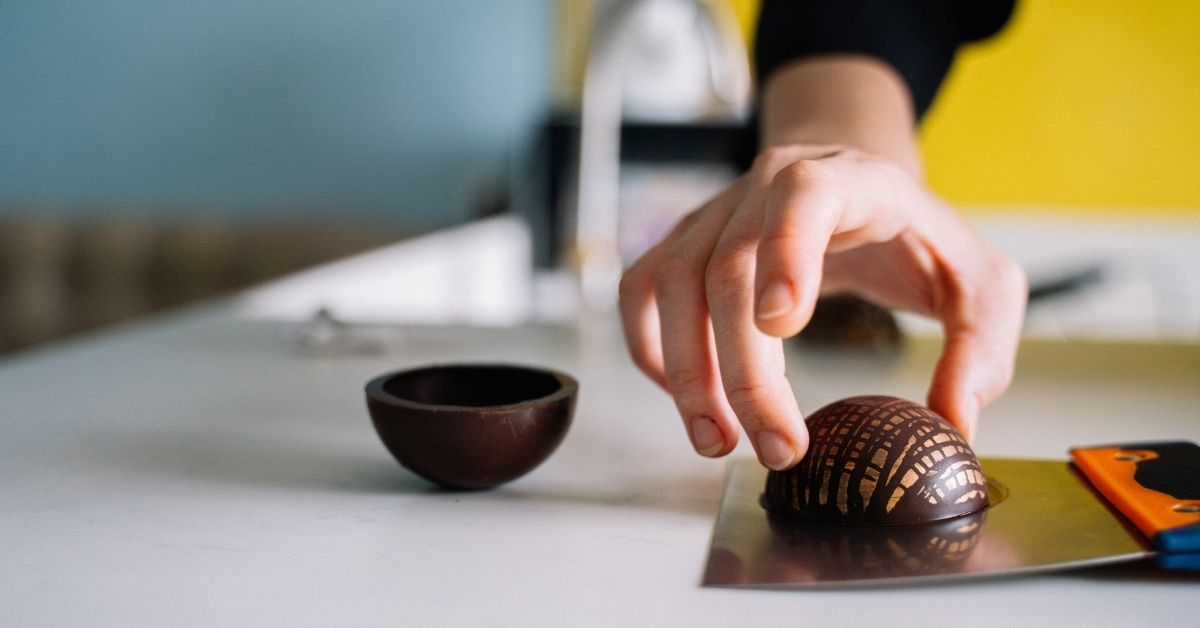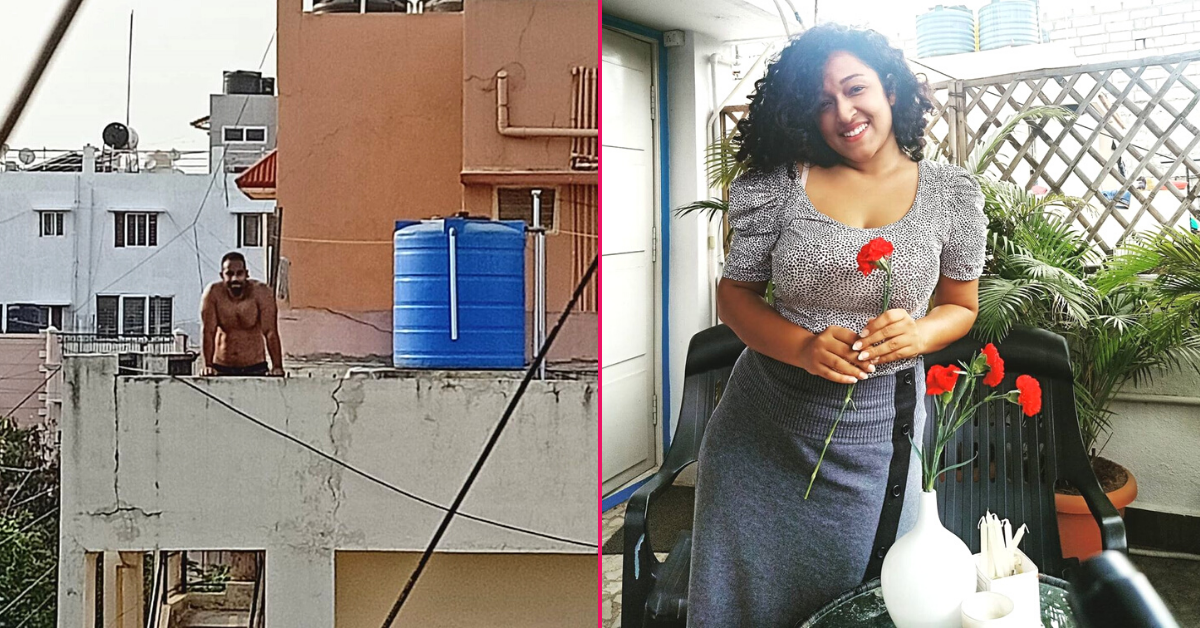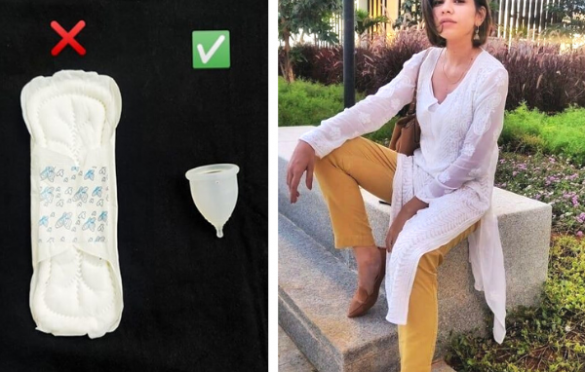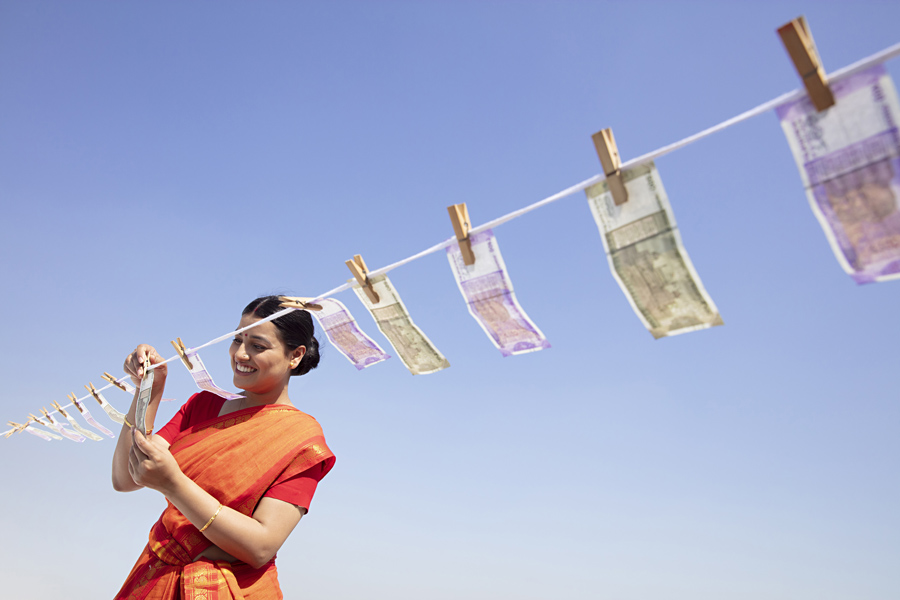Hustle culture has sucked everyone into working long hours, losing sleep, skipping meals and making sacrifices, all just to get ahead of the competition or break another glass ceiling. Many get so caught up in the adrenaline rush of the hustle that they lose sight of other essential things in life, like their health.
Thriving upon a fast-paced environment where one can juggle multiple tasks, hustle culture puts people under immense physical and emotional stress. The drive to work harder and faster might feel productive at the moment, but not knowing and recognising their limits can be dire to one’s own wellbeing.
How stress impacts your menstrual cycle
When you think of periods, you think uterus, right? Well, it actually comes down to the brain-uterus connection. According to an article by the University of California San Francisco, the Hypothalamus, a region of the brain, sends hormones to the pituitary gland located at the base of the brain. These hormones signal the brain to release the hormones responsible for stimulating the ovaries and begin the menstruating process.
Being constantly stressed out makes one more susceptible to irregular periods. Stress can sometimes throw a spanner in the works and mess up one’s whole menstrual cycle, causing it to be late or early. According to an article by the Cleveland Clinic, cortisol, also known as the stress hormone, can wreak havoc on the menstrual cycle by altering normal hormonal patterns, hindering the menstruator’s ovulation process. This can result in a delayed period, early period, missed period or breakthrough bleeding depending on when the stress occurs during the cycle.
How long can stress delay your period?
While stress can’t cause your periods to stop completely, it can delay your period. If it has been more than six weeks (the amount of time it takes to classify a period as “fully missed”) since your last period, it might be time to visit a doctor and make sure that everything is ok.
Treatments for stress-related amenorrhea
Stress is personal, and what affects one woman may not have the same effect on another. It is vital to figure out your stress triggers and work diligently to tamp them down. One can reduce stress by simple activities such as exercise, meditation, a balanced diet and quality sleep.
While one can try and incorporate the above mentioned in their routines, it is essential to remember that if your period is irregular or doesn’t occur at all for more than three months, you should visit a gynaecologist.
It’s high time we start talking about periods more openly. This #MenstrualHygieneDay, #Infano along with #TheLogicalIndian, is addressing nuanced conversations on period centering on the well being of the menstruators as they power through every day.
The information provided in the article, while collated with utmost care and caution, does not amount to any medical diagnosis. The Logical Indian and Infano team urge people to reach out to their medical practitioner in case of any query that they may have.

